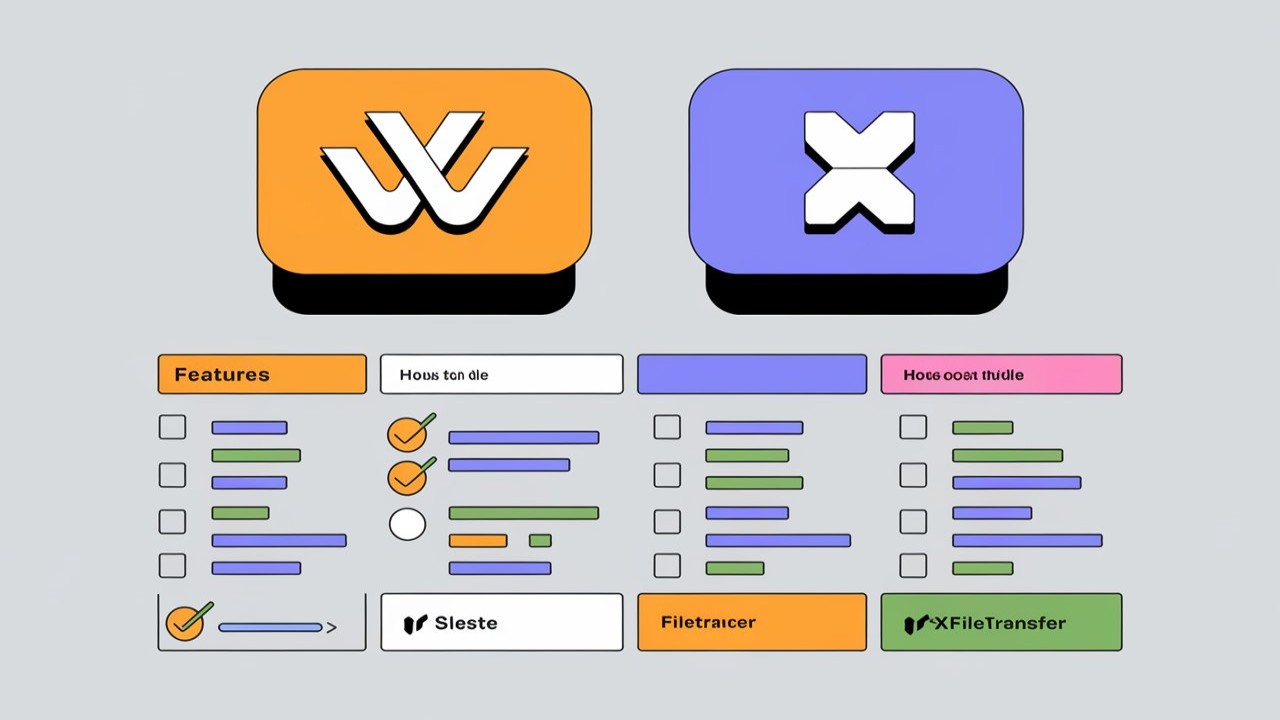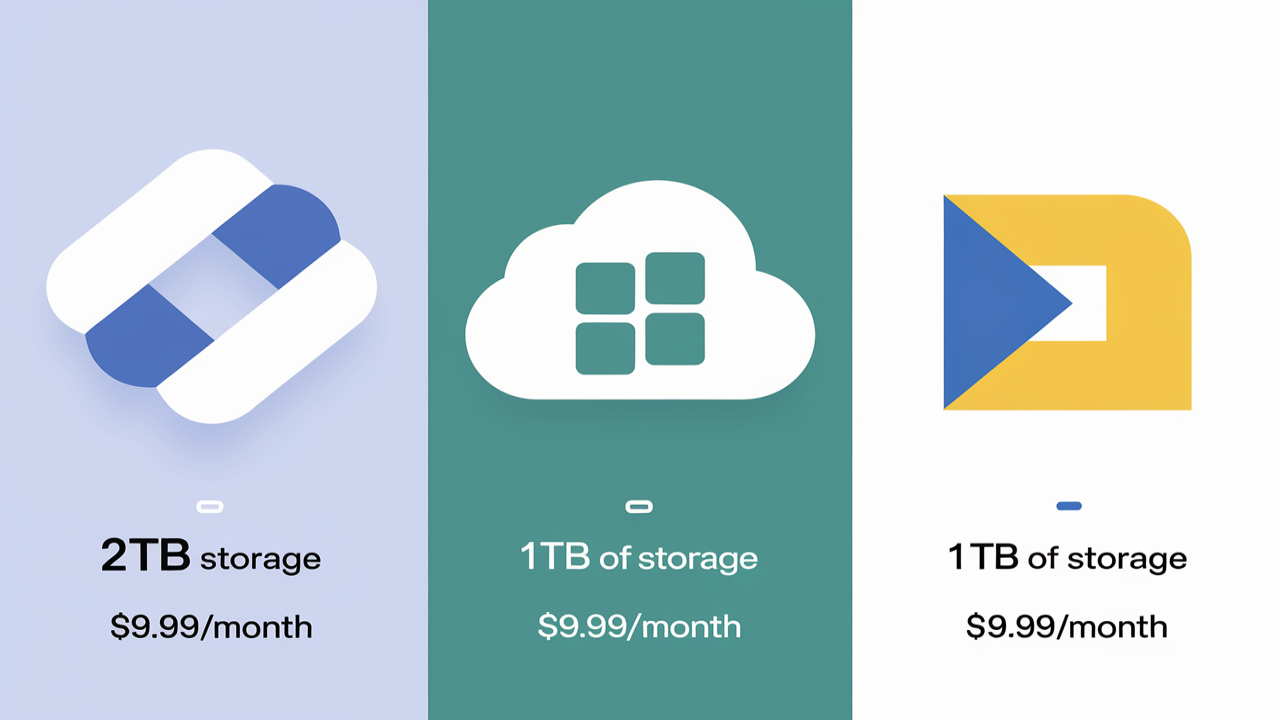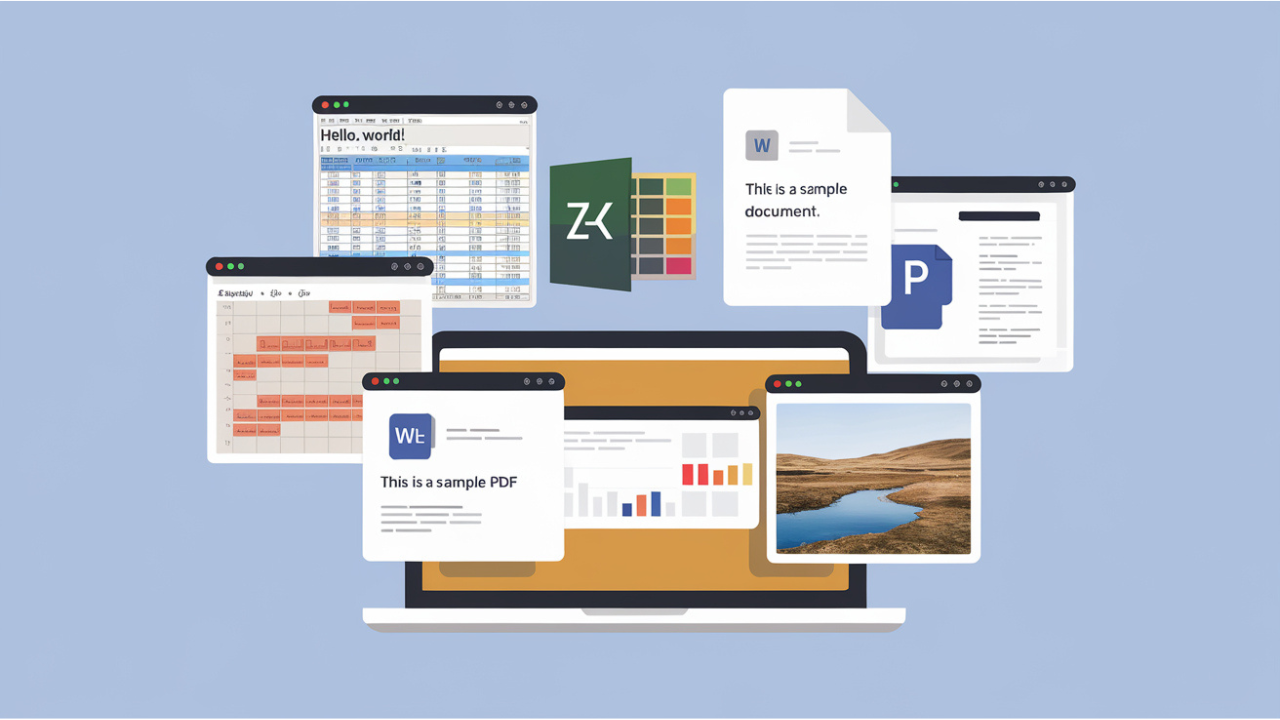In today's rapidly evolving digital landscape, businesses are faced with the challenge of managing an ever-increasing volume of data. Traditional on-premises storage solutions, while secure, can become cumbersome and limited in scalability. Cloud storage offers a flexible and scalable alternative but can raise concerns about control and security. Hybrid cloud storage combines the best of both worlds, offering organizations the opportunity to leverage the flexibility of cloud storage while maintaining the control of on-premises infrastructure. This article delves into the nuances of hybrid cloud storage and explains how combining on-premises and cloud solutions can lead to optimal file management.
What is Hybrid Cloud Storage?
Hybrid cloud storage refers to the integration of on-premises data storage systems with cloud storage solutions. This architecture allows businesses to store sensitive or frequently accessed data locally while leveraging cloud platforms for long-term storage, scalability, and disaster recovery. This model provides greater flexibility, cost efficiency, and control over where and how data is stored.
Hybrid cloud storage systems are designed to offer a seamless blend of these two storage environments, allowing data to move fluidly between the cloud and local storage, often through an integrated management interface. The goal is to provide a unified data management experience while maximizing the strengths of each storage model.
Benefits of Hybrid Cloud Storage
1. Scalability and Flexibility
One of the most significant advantages of hybrid cloud storage is the scalability it offers. Businesses no longer need to worry about running out of storage capacity as they can effortlessly scale their storage solutions by offloading less critical data to the cloud. This is especially beneficial for growing organizations that need to scale without the upfront costs of constantly upgrading on-premises hardware.
2. Cost Efficiency
Investing in large on-premises infrastructure can be expensive and resource-intensive. By integrating cloud storage, businesses can reduce capital expenditures (CapEx) while transitioning to an operational expenditure (OpEx) model. Organizations can save on costs by storing infrequently accessed data in the cloud, where storage is cheaper, while keeping mission-critical data on-premises for immediate access.
3. Enhanced Security and Compliance
For industries that are subject to strict regulatory requirements—such as healthcare or finance—hybrid cloud storage allows for greater control over sensitive data. Businesses can store sensitive information on-premises to meet compliance requirements while using cloud storage for less-sensitive data. This approach provides the best of both worlds, enabling businesses to achieve data security without compromising on cloud capabilities.
4. Improved Performance
Hybrid cloud storage offers the benefit of local storage for high-performance applications, ensuring low latency and fast data retrieval. At the same time, cloud storage can be used for tasks like archival, backups, and disaster recovery. This balance between speed and reliability is one of the main reasons businesses opt for a hybrid cloud solution.
5. Disaster Recovery and Business Continuity
Cloud storage's inherent redundancy and backup capabilities make it an excellent choice for disaster recovery. In a hybrid cloud setup, if an on-premises system fails, businesses can quickly recover by accessing their data in the cloud. This ensures business continuity even in the event of a natural disaster, hardware failure, or other unforeseen issues.
Best Practices for Implementing Hybrid Cloud Storage
1. Assess Your Data
Before implementing a hybrid cloud storage solution, it’s crucial to perform a thorough assessment of your organization's data. Understand which data should remain on-premises due to compliance or performance requirements and which can be moved to the cloud. This segmentation is key to making the most of your hybrid cloud storage system.
2. Choose the Right Cloud Provider
Not all cloud providers are created equal. When choosing a cloud partner for your hybrid solution, look for providers that offer robust security features, scalability, and seamless integration with your existing on-premises infrastructure. Popular options like Amazon S3, Microsoft Azure, and Google Cloud offer solutions tailored to hybrid cloud environments.
3. Invest in Data Management Tools
Hybrid cloud storage requires effective data management tools that provide visibility and control across both on-premises and cloud environments. Tools like hybrid cloud storage gateways and automated tiering can help organizations manage where and how data is stored, ensuring that storage policies are followed and data movement is automated.
4. Prioritize Security
Security should be at the forefront of any hybrid cloud deployment. It’s essential to implement encryption for data both at rest and in transit, as well as strong access controls to prevent unauthorized access. A well-configured firewall and intrusion detection system (IDS) can also protect your data from breaches.
5. Monitor and Optimize Performance
Continuous monitoring is crucial for ensuring that your hybrid cloud storage solution is performing optimally. Tools like performance monitoring dashboards allow you to track how data is being accessed and moved between your cloud and on-premises systems. These insights can help you fine-tune your setup to achieve the best balance between cost and performance.
Challenges of Hybrid Cloud Storage
While hybrid cloud storage offers many advantages, it also comes with its share of challenges.
1. Complexity in Management
Hybrid cloud environments can be complex to manage, requiring sophisticated tools and a skilled IT team to oversee data movement, security, and compliance. If not managed properly, businesses can face inefficiencies or increased costs.
2. Latency Issues
Data stored in the cloud may experience higher latency than on-premises data, especially when accessing large files. While this may not be a concern for backups or archives, it can impact real-time applications or critical workloads.
3. Security and Compliance
Managing compliance in a hybrid environment can be more complicated than with purely on-premises or cloud solutions. It's essential to ensure that both on-premises and cloud systems comply with industry regulations, and that data is adequately protected against threats.
Future of Hybrid Cloud Storage
The adoption of hybrid cloud storage is expected to continue growing as businesses seek to optimize their data management strategies. Edge computing, machine learning, and AI-driven data management tools will play a significant role in the future of hybrid cloud systems, allowing organizations to analyze data closer to its source while still benefiting from cloud-scale storage and computing power.
In conclusion, hybrid cloud storage offers the perfect balance of scalability, flexibility, and control for businesses looking to optimize their data management. By carefully assessing their data, choosing the right cloud provider, and investing in management tools, organizations can ensure that their hybrid cloud strategy delivers on its promise of optimal performance and cost savings.






Comments (0)